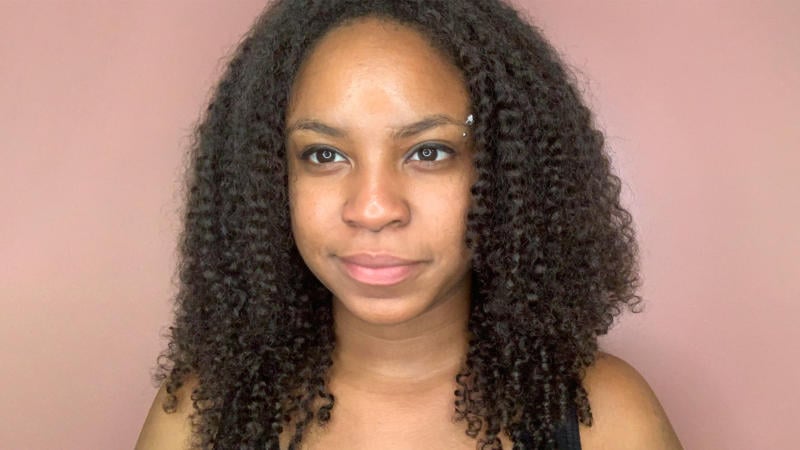Iris Nevins is an art collector who soared into the world of non-fungible tokens (NFTs) after the realization that it would be a profitable marketplace for artists.
One year after her dive into crypto, she soon launched NFT studio Umba Daima in February 2021. The switch was fitting for Nevins, who already planned to create a digital store for artists to gain profit for their work.
Umba Daima educates artists on Web3 and helps them find their footing in the NFT space. The company also boasts various sub-brands under its belt including Black NFT Art, NFT Roundtable podcast, and virtual exhibit The Unseen Gallery.
“We noticed that the artists that were having a lot of success had these really strong communities around them that were promoting or reposting on social media or participating in their drops,” Iris Nevins said in an interview with CNBC. The studio launched Black NFT Art “in an attempt to create that kind of experience for Black artists.”
Umba Daima can celebrate a few successes since its launch, which include artist Andre Oshea, who started at the bottom and has become one of the best performing artists in the NFT space. In addition, Umba Daima has reportedly banked $140,000 in ten months from its brands.
Umba Daima is gleaming with promise, although Nevins has not directly benefitted from her company. Her team members serve as volunteers, but she makes the effort to compensate them when she has the means.
“We’re a good way from being profitable, but I’m hoping that it can happen soon,” she told CNBC.
Nevins Believes NFTs Can Close The Wealth Gap
Nevins’ current efforts in the NFT space support her lifelong mission to ensure Black artists can gain visibility and generate wealth. She’s learned firsthand that blockchain technology can close the wealth gap heavily impacting Black and brown communities.
“I think that crypto, blockchain and NFT use are so important. It’s a technology that allows us to create a whole new economic system in which the power can be rebalanced,” Nevins said, according to CNBC.
Nevins also believes artists will gain the visibility they rightfully deserve if platforms are more intentional with outreach. Early on, she recognized various platforms failed to invite or accept creators of color.
“The marketplaces all benefit from the work that people like myself do,” Nevins told the outlet. “It’s disappointing when a lot of these platforms don’t make an effort to collaborate with us. [They] can do more to partner with grassroots organizers.”
Nevins is still hopeful and will continue to do her part to champion Black artists. She hopes to see continued growth on Black-owned NFT platforms such as The Well and Disrupt Art.

